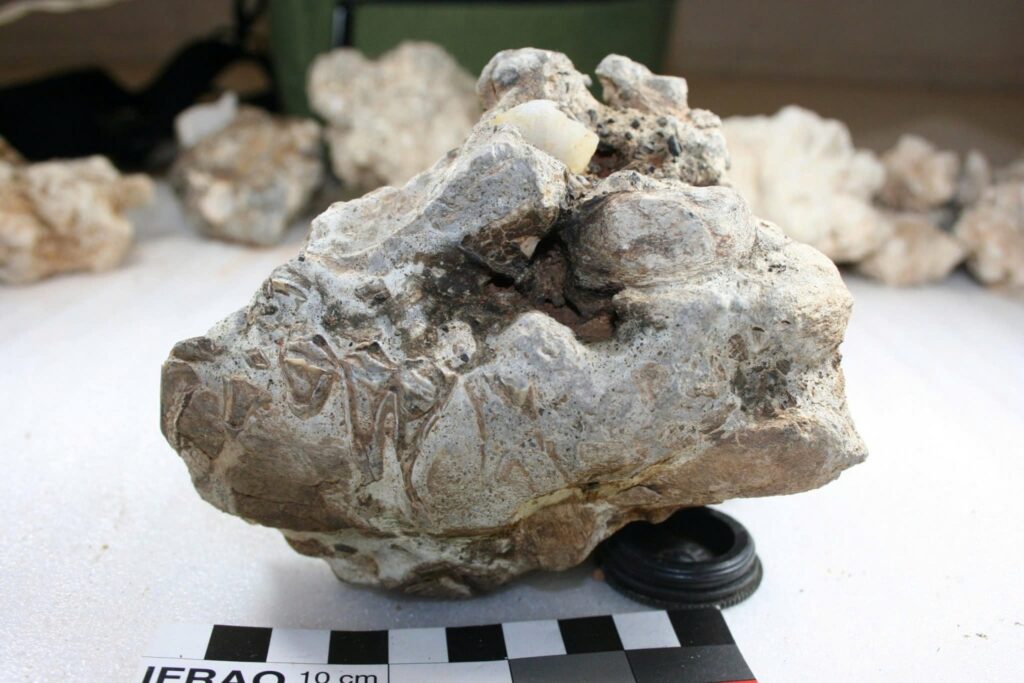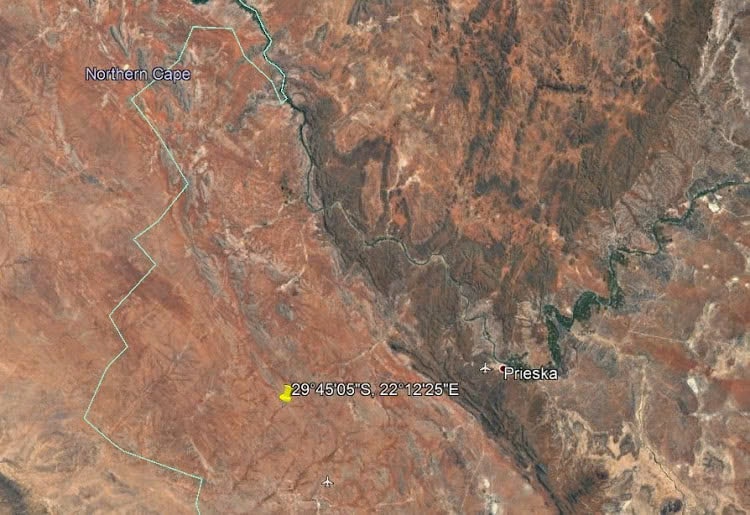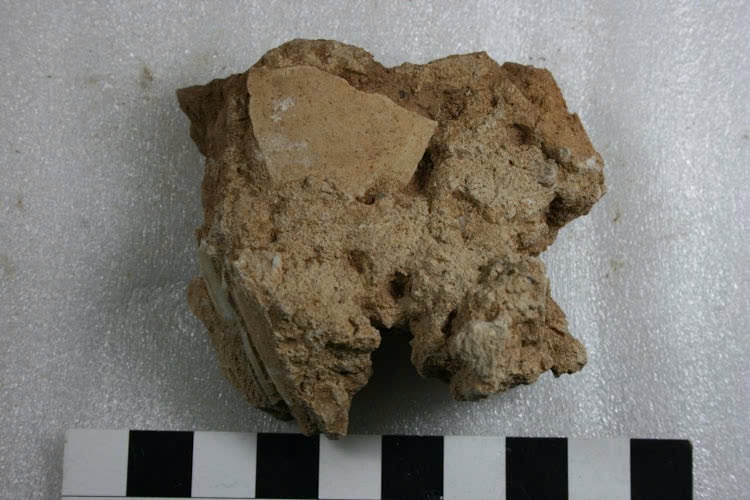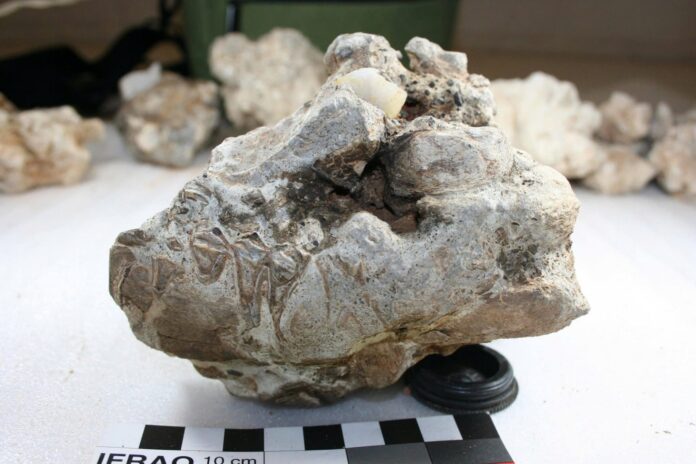Ancient Ostrich Eggshells Unlock Secrets of Human Evolution
From Wetlands to Desert: The Dramatic Transformation of South Africa’s Interior

In a groundbreaking study, researchers have pieced together a fascinating tale of climate change and human evolution using an unexpected source: ancient ostrich eggshells. The findings, published in the South African Archaeological Bulletin, paint a picture of a dramatically different landscape in South Africa’s Northern Cape between 250,000 and 350,000 years ago.
A Lush “Garden of Eden” in the Heart of Modern Desert
The study, led by Philip Kiberd and Alex Pryor from the University of Exeter, focused on the Bundu Farm site, located 50 kilometers west of Prieska in the Upper Karoo. Today, this region is extremely arid, supporting only sparse vegetation and a limited range of wildlife. However, the eggshell evidence reveals that it was once a veritable “Garden of Eden,” teeming with life.

Rich Biodiversity and Human Ancestors
During this pivotal period in human evolution, the landscape boasted lush grasslands, lakes, and wetlands. A diverse array of animals roamed the area, including wildebeest, zebra, hippos, and now-extinct species like the Megalotragus Priscus and Cape giant zebra. Early human ancestors shared this bountiful environment with formidable predators such as lions and hyenas.
Climate Change and Species Evolution
The research indicates that around 200,000 years ago, the climate began to shift. Colder and wetter conditions gradually gave way to increasing aridity, transforming the once-verdant landscape into the desert we see today. This climate fluctuation is believed to have played a crucial role in driving species turnover and evolution, including that of Homo sapiens.
Innovative Research Techniques
The team’s findings were made possible through the analysis of isotopes and amino acids in ostrich eggshell fragments. This innovative approach allows researchers to extract valuable climate and environmental data from open-air sites over 200,000 years old, providing a reliable method for understanding ancient ecosystems.

As Kiberd notes, “Our analysis of the ostrich eggshell helps us to better understand the environments in which our ancestors were evolving and provides an important context in which to interpret the behaviors and adaptations of people in the past and how this ultimately led to the evolution of our species.”
This remarkable study not only sheds light on South Africa’s ancient past but also underscores the profound impact of climate change on human evolution and the importance of innovative archaeological techniques in uncovering our distant history.

